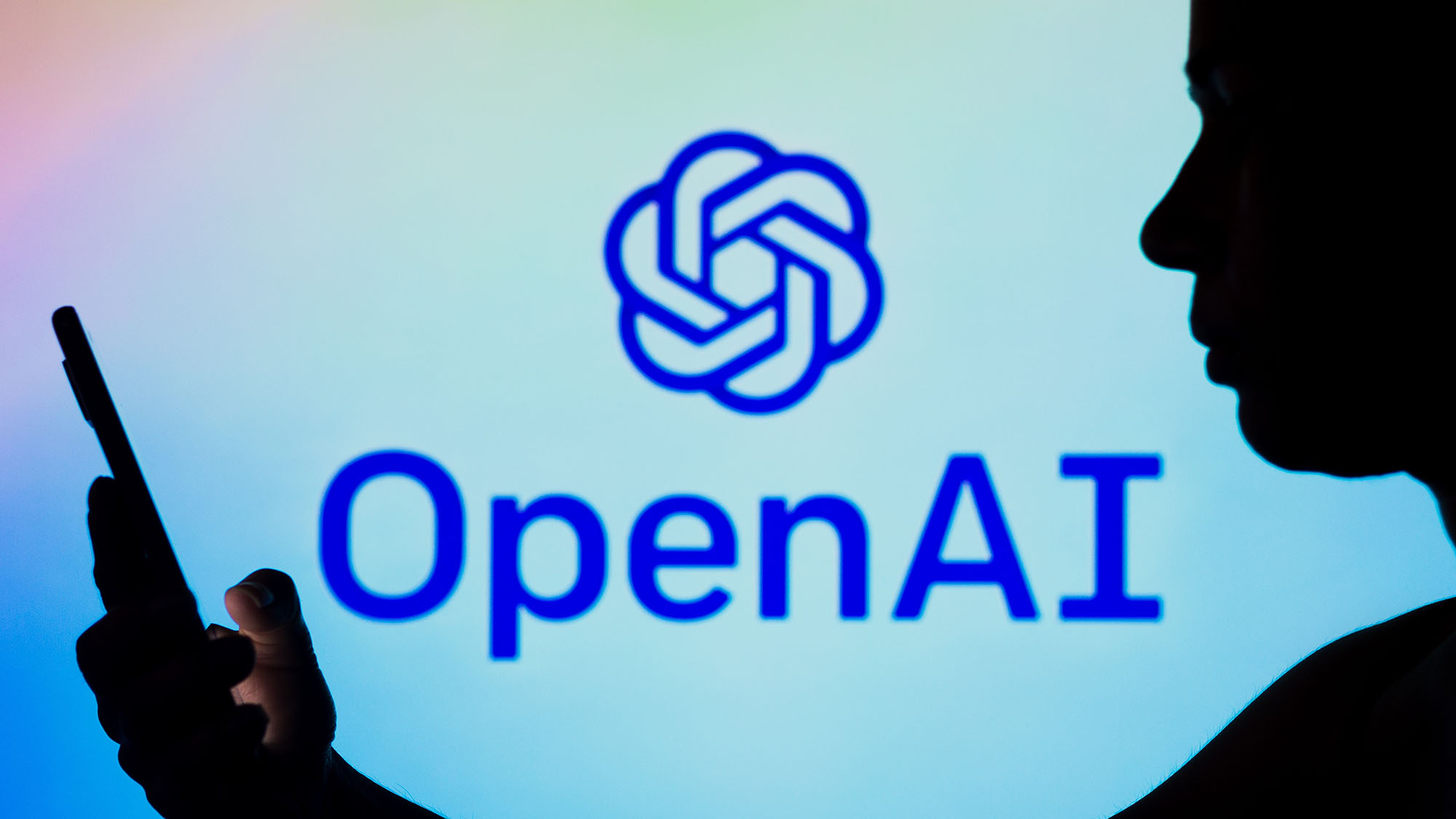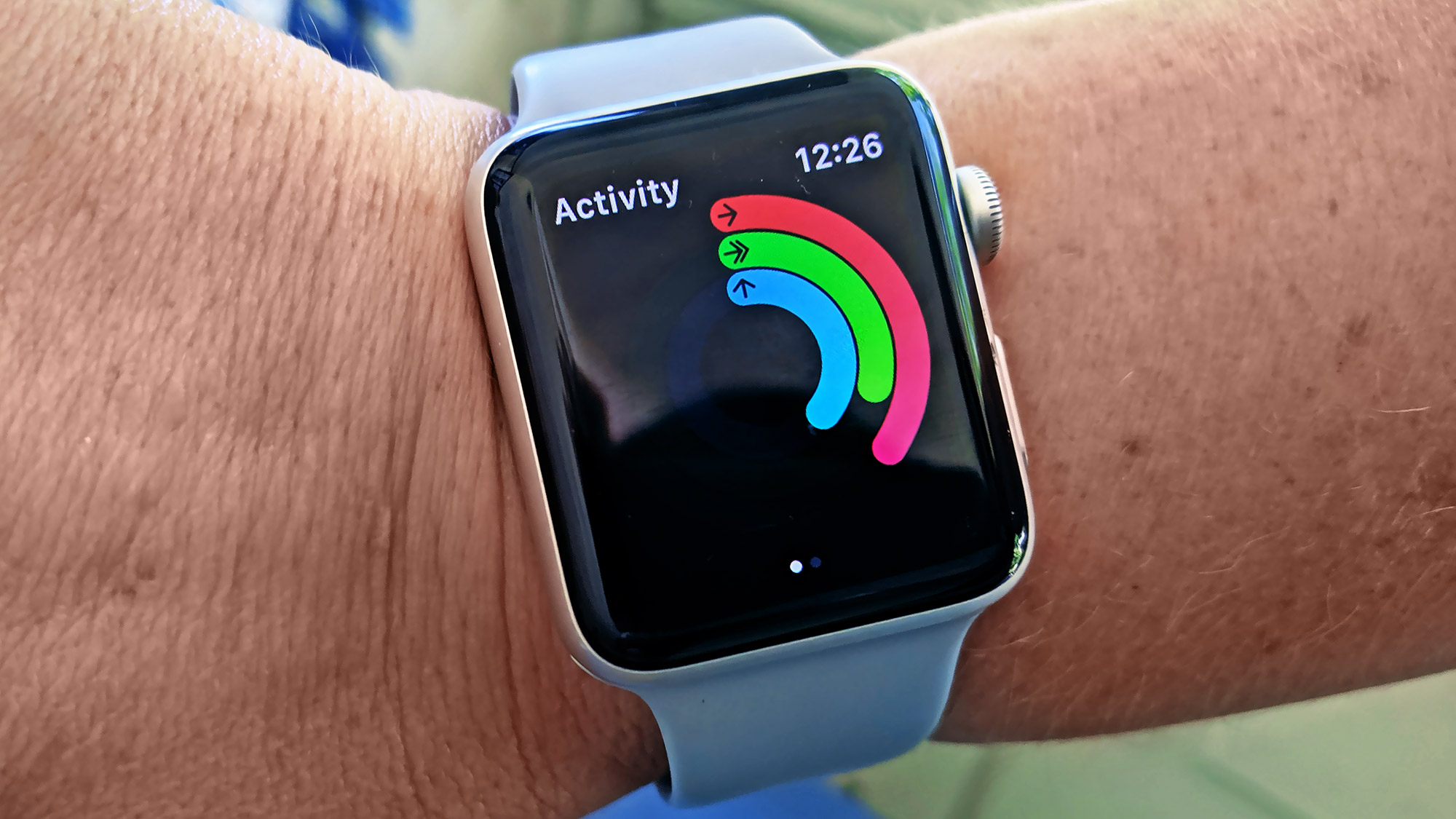OpenAI's smartest model could cost up to $30,000 per task according to estimates
OpenAI's o3 was put to the test and while it passed, it did so at a huge cost

Back in December, OpenAI launched a reasoning model known as ‘o3’. Smarter and more thorough in its decision process, this showed OpenAI’s advancement into a more deliberate version of AI. But there’s just one problem.
When the model was first launched, OpenAI teamed up with the Arc Prize Foundation. This group runs the ARC-AGI, a benchmark exam to test highly capable AI models. These tests are incredibly easy for a human to solve with simple puzzles the majority of the public could easily do. But that's not the case for AI.
The foundation originally believed it cost around $3,000 for o3 to solve a complex problem. That's no longer the case, with re-estimates putting it nearer to $30,000 per task.
So, while OpenAI scored highly on the test, it did so at a higher-than-average cost. In fact, it's an astronomical cost that shows just how expensive cutting-edge AI models are to run.
What does this all mean?
OpenAI's o3 is separate from the models that power ChatGPT.
Specifically, o3 is reflective. It is designed for complex problem-solving and reasoning and therefore is used for tasks that require a higher level of computing power.
According to the Arc Prize Foundation, o3 (high) used 172 times more computing power than o3 (low)
When developers use this model, they can select from three types of reasoning efforts: low, medium, and high. This is essentially asking the model to think harder. Increase the reasoning effort and you’ll get a better result, but that comes with an increase in computing power and cost.
Sign up to get the BEST of Tom's Guide direct to your inbox.
Get instant access to breaking news, the hottest reviews, great deals and helpful tips.
In the ARC-AGI test, it was o3 (high) that came with such a massive price tag. In other words, this is OpenAI’s most detailed model, being pushed to its absolute limits of computing power.
Arguably, in a test like this, the model overdid it. Toby Ord, a senior researcher at Oxford University highlighted on X that it took o3 (high) 1,024 attempts at each task, writing roughly 137 pages of text for each attempt, or around 43 million words total.
Finally, I want to note how preposterous the o3-high attempt was. It took 1,024 attempts at each task, writing about 137 pages of text for each attempt, or about 43 million words total. That's writing an Encyclopedia Brittanica (44 million words) per task!7/nApril 2, 2025
According to the Arc Prize Foundation, o3 (high) used 172 times more computing power than o3 (low). While the low-effort version didn’t score as highly, it could end up being a more cost-effective version.

For now, OpenAI hasn’t made any announcements about how much o3 will cost for developers to use. A more cost-efficient version known as o3-mini is available. This, while being cheaper, is nowhere near as powerful.
For the average person, this pricing will have no effect. ChatGPT is one of the more cost-effective models for OpenAI and o3, when made available, will only be used by those at the cutting edge of AI.
However, as the likes of Deepseek and Claude start to cut costs and develop more affordable complex models, OpenAI could quickly find itself as the most expensive provider of the bunch.
More from Tom's Guide
- I let ChatGPT Task schedule a ‘me time’ hour — and it booked me for a dentist appointment
- Alexa+ is rolling out now — here's what's new (and what's missing)
- I just found out what happens when you feed Gemini 2.5 ChatGPT’s best prompts — it completely added it's own spin

Alex is the AI editor at TomsGuide. Dialed into all things artificial intelligence in the world right now, he knows the best chatbots, the weirdest AI image generators, and the ins and outs of one of tech’s biggest topics.
Before joining the Tom’s Guide team, Alex worked for the brands TechRadar and BBC Science Focus.
In his time as a journalist, he has covered the latest in AI and robotics, broadband deals, the potential for alien life, the science of being slapped, and just about everything in between.
Alex aims to make the complicated uncomplicated, cutting out the complexities to focus on what is exciting.
When he’s not trying to wrap his head around the latest AI whitepaper, Alex pretends to be a capable runner, cook, and climber.
You must confirm your public display name before commenting
Please logout and then login again, you will then be prompted to enter your display name.









